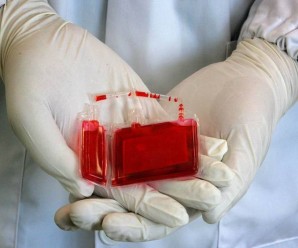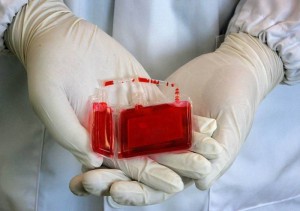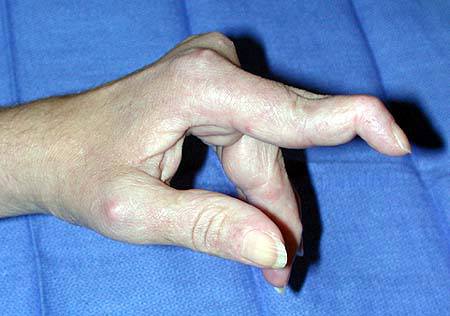A lot of parents are looking at storing their baby’s cord blood. Are you?

Your baby’s life could be in your hands. Do not compromise on his future health, take a positive step towards protecting him forever.
You are about to become a new parent, and the excitement about bringing your baby home is palpable. You are already making a silent promise to your baby to love and protect him come what may. You daydre am about being your child’s protector and provider, and anticipate a lifetime of lovely memories with your child.
am about being your child’s protector and provider, and anticipate a lifetime of lovely memories with your child.
But have you considered what would happen if things did not go according to plan? If, for some unfortunate reason, your child contracted a disease that had no cure and that you could do nothing to save his life? Could you do anything apart from despair about not being able to fulfill your promise to your child?
Yes, you can. You can opt for your baby’s cord blood banking. It is a way to ensure that your child remains free from the effects of 80 serious blood and autoimmune disorders in the future. The stem cells derived from cord blood are a rich resource of Haematopoietic Stem Cells (HSCs) which can regenerate into Red Blood Corpuscles (RBCs), White Blood Corpuscles (WBCs) and platelets. When infused into the bloodstream or used in transplantation, baby cord blood banking has the potential to save your child’s precious life.
Besides, banking the cord blood is easy and painless for both the mother and the baby. A trained technician or your doctor can easily extract the blood unit in a special bag for the blood bank to cryogenically store for 21 years. You are free to withdraw the blood unit any time you wish, on the advice and authorization of the doctor treating your child.
Most expectant parents shy away from trying this excellent option because they feel that the costs invol ved are too high. Ideally, the blood bank stores the blood unit at a fee every year. Prior to actually storing the blood unit, the bank signs a contract with the parents outlining the terms of the association and the charges therein. Parents also have to pay a one-time signing up fee. However, the costs of collecting and storing the cord blood for a period of 21 years can be as low as Rs 50,000, though premium cord blood banks offer flexible payment options. Parents can pay a one-time enrollment fee and also choose to pay through EMIs instead of paying the full sum upfront.
ved are too high. Ideally, the blood bank stores the blood unit at a fee every year. Prior to actually storing the blood unit, the bank signs a contract with the parents outlining the terms of the association and the charges therein. Parents also have to pay a one-time signing up fee. However, the costs of collecting and storing the cord blood for a period of 21 years can be as low as Rs 50,000, though premium cord blood banks offer flexible payment options. Parents can pay a one-time enrollment fee and also choose to pay through EMIs instead of paying the full sum upfront.
However, in the interests of saving your child’s life in the future, what would you rather choose: not taking a ‘life insurance’ on his health because of the costs of cord blood banking, or offering him the chance of recovery and good health with his own cord blood?




